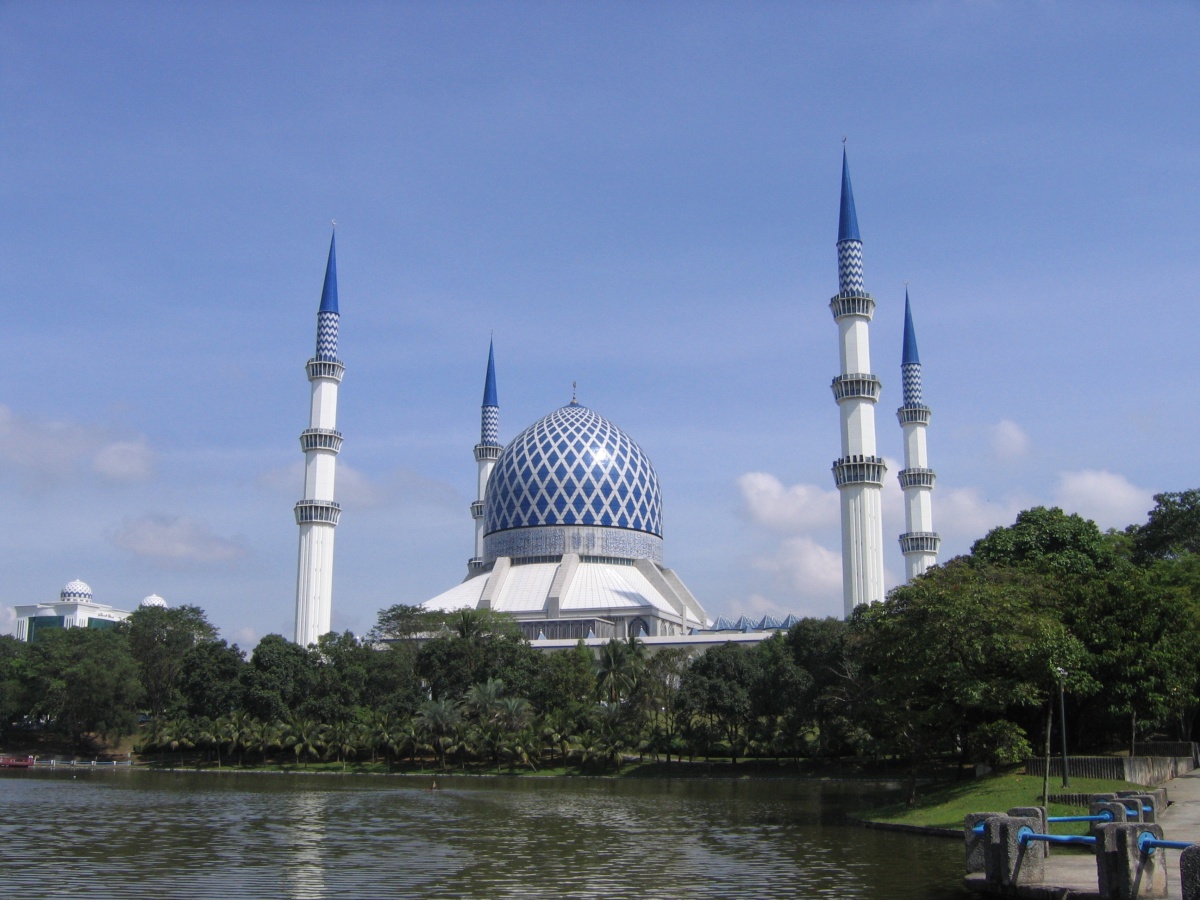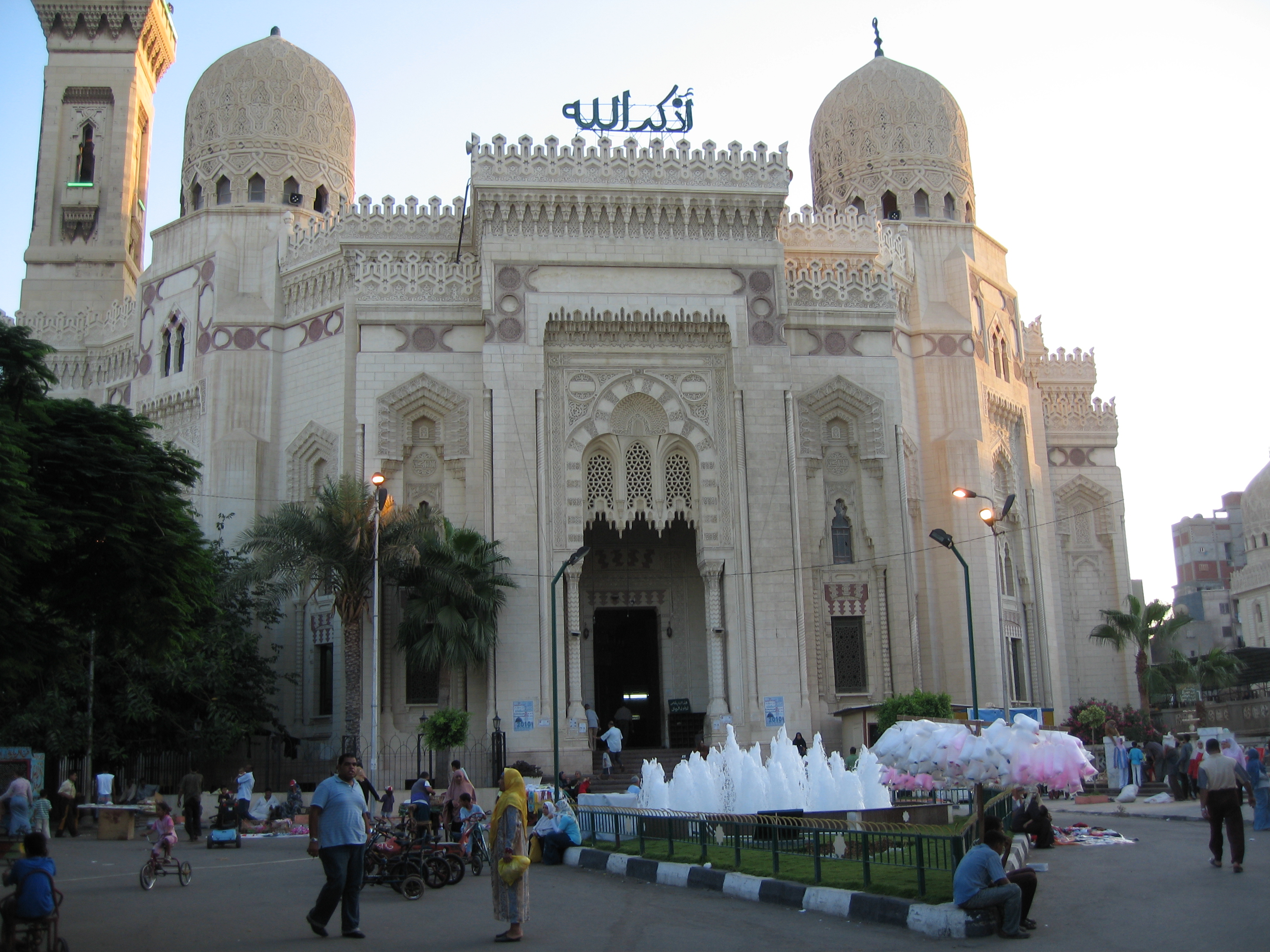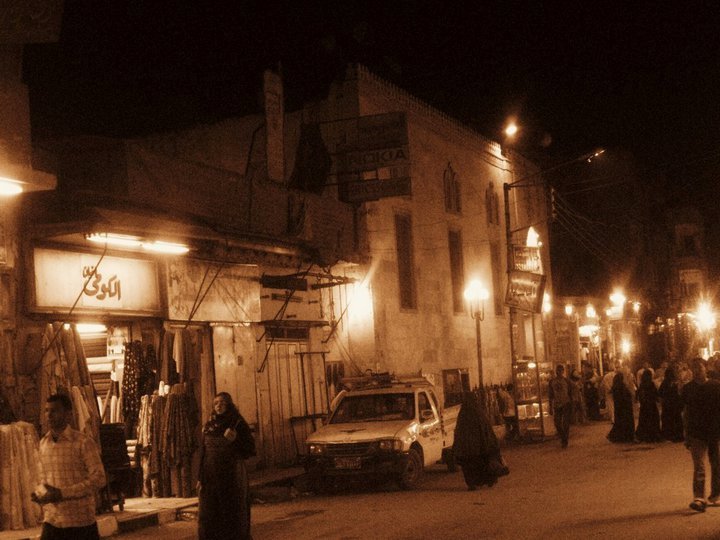|
Ahmad Al-Badawi Mosque
Elsayyed ElBadawi Mosque ( ar, مسجد أحمد البدوي) is the largest mosque in the northern city of Tanta, Egypt. It is a Sunni Sufi mosque and contains the tomb of Ahmad al-Badawi. History The mosque was built by the student and successor of Al-Badawi, Abdel-Al. The mosque enjoyed a makeover in the era of former President Anwar Sadat, in 1975, and another makeover by the year 2005. See also * Lists of mosques * List of mosques in Africa * List of mosques in Egypt * Ibrahim El-Desouki {{Sunni Islam, Sunni Orders of Mysticism Ibrahim bin Abdul-Aziz Abul-Majdi ( arz, إبراهيم بن عبد العزيز أبو المجد), better known as Shaykh al-Islam Ibrahim al-Desouki, was an Egyptian Imam and the founder of the Des ... NotesCarnival in Tanta, BBC Mosques in Egypt Sufi mosques Sufism in Egypt Mosque buildings with domes Buildings and structures in Gharbia Governorate {{Egypt-mosque-stub ... [...More Info...] [...Related Items...] OR: [Wikipedia] [Google] [Baidu] |
Sunni Islam
Sunni Islam () is the largest branch of Islam, followed by 85–90% of the world's Muslims. Its name comes from the word ''Sunnah'', referring to the tradition of Muhammad. The differences between Sunni and Shia Muslims arose from a disagreement over the succession to Muhammad and subsequently acquired broader political significance, as well as theological and juridical dimensions. According to Sunni traditions, Muhammad left no successor and the participants of the Saqifah event appointed Abu Bakr as the next-in-line (the first caliph). This contrasts with the Shia view, which holds that Muhammad appointed his son-in-law and cousin Ali ibn Abi Talib as his successor. The adherents of Sunni Islam are referred to in Arabic as ("the people of the Sunnah and the community") or for short. In English, its doctrines and practices are sometimes called ''Sunnism'', while adherents are known as Sunni Muslims, Sunnis, Sunnites and Ahlus Sunnah. Sunni Islam is sometimes referr ... [...More Info...] [...Related Items...] OR: [Wikipedia] [Google] [Baidu] |
Mosque
A mosque (; from ar, مَسْجِد, masjid, ; literally "place of ritual prostration"), also called masjid, is a Place of worship, place of prayer for Muslims. Mosques are usually covered buildings, but can be any place where prayers (sujud) are performed, including outdoor courtyards. The first mosques were simple places of prayer for Muslims, and may have been open spaces rather than buildings. In the first stage of Islamic architecture, 650-750 CE, early mosques comprised open and closed covered spaces enclosed by walls, often with minarets from which Adhan, calls to prayer were issued. Mosque buildings typically contain an ornamental niche (''mihrab'') set into the wall that indicates the direction of Mecca (''qiblah''), Wudu, ablution facilities. The pulpit (''minbar''), from which the Friday (jumu'ah) sermon (''khutba'') is delivered, was in earlier times characteristic of the central city mosque, but has since become common in smaller mosques. Mosques typically have Isl ... [...More Info...] [...Related Items...] OR: [Wikipedia] [Google] [Baidu] |
Tanta
Tanta ( ar, طنطا ' , ) is a city in Egypt with the country's fifth largest populated area and 658,798 inhabitants as of 2018. Tanta is located between Cairo and Alexandria: north of Cairo and southeast of Alexandria. The capital of Gharbia Governorate, it is a center for the cotton gin, cotton-ginning industry. One of the major railway lines goes through Tanta. Annual festivals are held in Tanta for one week beginning on 11 October celebrating the birthday of Ahmad al-Badawi, a revered Sufism, Sufi figure of the 13th century, who founded the Badawiyya Tariqa in Egypt and is buried in Ahmad Al-Badawi Mosque, the main mosque of Tanta. Tanta is known for its ''Egyptian cuisine#Desserts, sweet'' shops and roasted chickpeas. Overview The older name of the city is Tandata () which comes from its Coptic name. With its large cotton plantations, in 1856, Tanta became a stop on the railway network, primarily for the benefit of exporting its cotton to European markets. The area ar ... [...More Info...] [...Related Items...] OR: [Wikipedia] [Google] [Baidu] |
Egypt
Egypt ( ar, مصر , ), officially the Arab Republic of Egypt, is a transcontinental country spanning the northeast corner of Africa and southwest corner of Asia via a land bridge formed by the Sinai Peninsula. It is bordered by the Mediterranean Sea to the north, the Gaza Strip of Palestine and Israel to the northeast, the Red Sea to the east, Sudan to the south, and Libya to the west. The Gulf of Aqaba in the northeast separates Egypt from Jordan and Saudi Arabia. Cairo is the capital and largest city of Egypt, while Alexandria, the second-largest city, is an important industrial and tourist hub at the Mediterranean coast. At approximately 100 million inhabitants, Egypt is the 14th-most populated country in the world. Egypt has one of the longest histories of any country, tracing its heritage along the Nile Delta back to the 6th–4th millennia BCE. Considered a cradle of civilisation, Ancient Egypt saw some of the earliest developments of writing, agr ... [...More Info...] [...Related Items...] OR: [Wikipedia] [Google] [Baidu] |
Sunni
Sunni Islam () is the largest branch of Islam, followed by 85–90% of the world's Muslims. Its name comes from the word ''Sunnah'', referring to the tradition of Muhammad. The differences between Sunni and Shia Muslims arose from a disagreement over the succession to Muhammad and subsequently acquired broader political significance, as well as theological and juridical dimensions. According to Sunni traditions, Muhammad left no successor and the participants of the Saqifah event appointed Abu Bakr as the next-in-line (the first caliph). This contrasts with the Shia view, which holds that Muhammad appointed his son-in-law and cousin Ali ibn Abi Talib as his successor. The adherents of Sunni Islam are referred to in Arabic as ("the people of the Sunnah and the community") or for short. In English, its doctrines and practices are sometimes called ''Sunnism'', while adherents are known as Sunni Muslims, Sunnis, Sunnites and Ahlus Sunnah. Sunni Islam is sometimes refe ... [...More Info...] [...Related Items...] OR: [Wikipedia] [Google] [Baidu] |
Sufi
Sufism ( ar, ''aṣ-ṣūfiyya''), also known as Tasawwuf ( ''at-taṣawwuf''), is a mystic body of religious practice, found mainly within Sunni Islam but also within Shia Islam, which is characterized by a focus on Islamic spirituality, ritualism, asceticism and esotericism. It has been variously defined as "Islamic mysticism",Martin Lings, ''What is Sufism?'' (Lahore: Suhail Academy, 2005; first imp. 1983, second imp. 1999), p.15 "the mystical expression of Islamic faith", "the inward dimension of Islam", "the phenomenon of mysticism within Islam", the "main manifestation and the most important and central crystallization" of mystical practice in Islam, and "the interiorization and intensification of Islamic faith and practice". Practitioners of Sufism are referred to as "Sufis" (from , ), and historically typically belonged to "orders" known as (pl. ) – congregations formed around a grand who would be the last in a chain of successive teachers linking back to Muh ... [...More Info...] [...Related Items...] OR: [Wikipedia] [Google] [Baidu] |
Ahmad Al-Badawi
Aḥmad al-Badawī ( ar, أحمد البدوى ), also known as Al-Sayyid al-Badawī (, ), or as al-Badawī for short, or reverentially as Shaykh al-Badawī by all those Sunni Muslims who venerate saints, was a 13th-century Arab Sunni Muslim mystic who became famous as the founder of the Badawiyyah order of Sufism. Born in Fes, Morocco to a Bedouin tribe originally from the Syrian Desert, al-Badawi eventually settled for good in Tanta, Egypt in 1236, whence he developed a posthumous reputation as "One of the greatest saints in the Arab world" As al-Badawi is perhaps "the most popular of Muslim saints in Egypt", his tomb has remained a "major site of visitation" for Muslims in the region. History According to several medieval chronicles, al-Badawi hailed from an Arab tribe of Syrian origin. A Sunni Muslim by persuasion, al-Badawi entered the Rifa'iyya spiritual order (founded by the renowned Shafi'i mystic and jurist Ahmad al-Rifa'i . 1182 in his early life, being in ... [...More Info...] [...Related Items...] OR: [Wikipedia] [Google] [Baidu] |
Mosque
A mosque (; from ar, مَسْجِد, masjid, ; literally "place of ritual prostration"), also called masjid, is a Place of worship, place of prayer for Muslims. Mosques are usually covered buildings, but can be any place where prayers (sujud) are performed, including outdoor courtyards. The first mosques were simple places of prayer for Muslims, and may have been open spaces rather than buildings. In the first stage of Islamic architecture, 650-750 CE, early mosques comprised open and closed covered spaces enclosed by walls, often with minarets from which Adhan, calls to prayer were issued. Mosque buildings typically contain an ornamental niche (''mihrab'') set into the wall that indicates the direction of Mecca (''qiblah''), Wudu, ablution facilities. The pulpit (''minbar''), from which the Friday (jumu'ah) sermon (''khutba'') is delivered, was in earlier times characteristic of the central city mosque, but has since become common in smaller mosques. Mosques typically have Isl ... [...More Info...] [...Related Items...] OR: [Wikipedia] [Google] [Baidu] |
Lists Of Mosques
Lists of mosques cover mosques, places of worship for Muslims. The lists include the most famous, largest and oldest mosques, and mosques mentioned in the Quran, as well as lists of mosques in each region and country of the world. The major regions, Africa, Americas, Asia, Europe and Oceania are sorted alphabetically. The sub-regions, such as Northeast and Northwest Africa in Africa, and Arabia and South Asia in Asia, are sorted by the dates in which their first mosques were reportedly established, more or less, barring those that are mentioned by name in the Quran. General *List of mosques, a selection of mosques among the most famous, worldwide *List of largest mosques *List of the oldest mosques ** List of the oldest mosques#Mentioned in the Quran Asia *List of mosques in Asia *List of mosques in the Arab League **List of mosques in Afghanistan **List of mosques in Bangladesh **List of mosques in China ***List of mosques in Hong Kong *** List of mosques in Macau **List of m ... [...More Info...] [...Related Items...] OR: [Wikipedia] [Google] [Baidu] |
List Of Mosques In Africa ...
This is a list of mosques in Africa. See also * Islam in Africa * Lists of mosques References {{List of mosques !Africa * Mosques A mosque (; from ar, مَسْجِد, masjid, ; literally "place of ritual prostration"), also called masjid, is a place of prayer for Muslims. Mosques are usually covered buildings, but can be any place where prayers ( sujud) are performed, i ... [...More Info...] [...Related Items...] OR: [Wikipedia] [Google] [Baidu] |
List Of Mosques In Egypt
There are 114,000 mosques in Egypt as of 2016, of which 83,000 are affiliated with the Ministry of Endowments. This list includes notable mosques within Egypt. See also * Islam in Egypt * Lists of mosques ** List of mosques in Cairo References {{list of mosques Lists of mosques, Egypt Mosques in Egypt, Lists of religious buildings and structures in Egypt, Mosques ... [...More Info...] [...Related Items...] OR: [Wikipedia] [Google] [Baidu] |







